The closure of the Gateway Fred Meyer store has left East Portland residents reeling, as one of the community’s most relied-upon retailers shuts its doors for good. For decades, the store was more than just a grocery stop—it was a one-stop shop for food, household essentials, and prescriptions. Now, its absence highlights not just a local inconvenience but a deeper problem with retail stability in Portland’s neighborhoods.
Community Loss
Neighbors who depended on Fred Meyer for daily needs say they now face longer commutes and fewer choices. For seniors, families without cars, and those with limited mobility, the closure cuts off vital access to affordable groceries and medications. “It wasn’t just a store, it was part of our routine,” one resident said.
The loss also raises questions about how well Portland is serving its outer neighborhoods. Unlike downtown areas where multiple grocery stores cluster within walking distance, East Portland has fewer options. Residents fear the closure will deepen food insecurity and reduce walkable access to essentials.
A Setback for Redevelopment
The Fred Meyer shutdown also delivers a financial blow to the Gateway Tax Increment Finance (TIF) district, a project originally created to spark redevelopment in East Portland. The TIF was extended to generate nearly $60 million for revitalization projects, but with Fred Meyer gone, the math has changed dramatically.
According to the City of Portland, the Gateway store was expected to generate half of the projected rent for the property. Without it, plans for redevelopment—including new housing, retail, and community spaces—now face significant delays. Projects once touted as catalysts for Gateway’s growth are in limbo, leaving residents wondering when—or if—the promised investments will materialize.
Part of a Bigger Trend
While Portland feels the sting locally, the closure reflects a broader national trend. Across the country, big-box retailers are struggling to adapt to a rapidly shifting retail environment.
Fred Meyer, owned by Kroger, has been caught in the ripple effects of industry upheaval. Kroger’s proposed merger with Albertsons collapsed under regulatory scrutiny, forcing the company to rethink cost-cutting strategies. Meanwhile, pharmacies within grocery chains are downsizing, and companies are scaling back on underperforming stores to reduce expenses.
On the other side of the retail spectrum, online giants like Amazon continue to dominate, reshaping consumer habits. More shoppers are relying on home delivery for groceries and essentials, undermining the traditional brick-and-mortar model that stores like Fred Meyer were built upon.
Economic Headwinds
Developers who might otherwise swoop in to reimagine the Gateway property are hesitating. Rising interest rates and an unpredictable economy have made financing large retail or mixed-use projects far more difficult. Nationwide, commercial real estate markets are cooling, leaving properties like Gateway stuck in a holding pattern.
This hesitation mirrors the broader struggle of suburban retail across the United States, where aging shopping centers face an uncertain future. Without strong anchor tenants, many developments lose their financial footing and fail to attract smaller businesses.
What’s Next for Gateway?
The Gateway district was once envisioned as a hub of East Portland’s revitalization, bridging the gap between long-standing community needs and modern urban development. The Fred Meyer closure complicates that vision, raising tough questions for city leaders and developers alike.
For now, the immediate impact will be felt most acutely by residents who depended on the store for groceries, prescriptions, and daily essentials. But the long-term implications could be even more profound: a stalled redevelopment plan, lost economic opportunities, and another example of East Portland being left behind in the city’s growth narrative.
As Portland considers its next steps, the challenge will be balancing the pressures of a changing retail industry with the urgent needs of communities who rely on accessible, affordable services. Without action, the void left by Fred Meyer may linger far longer than anyone expects.

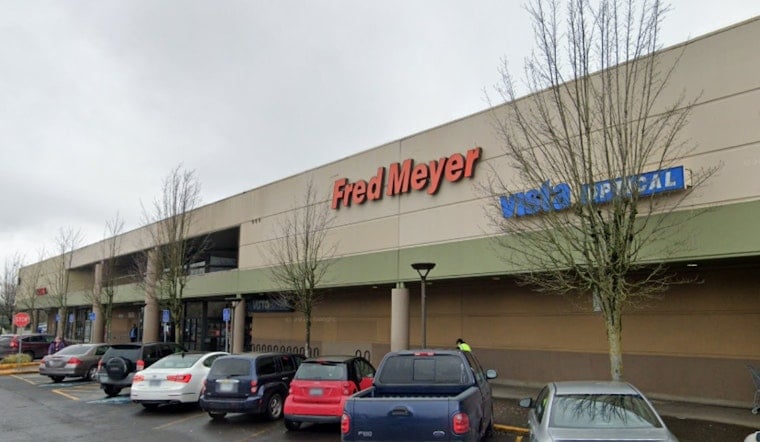

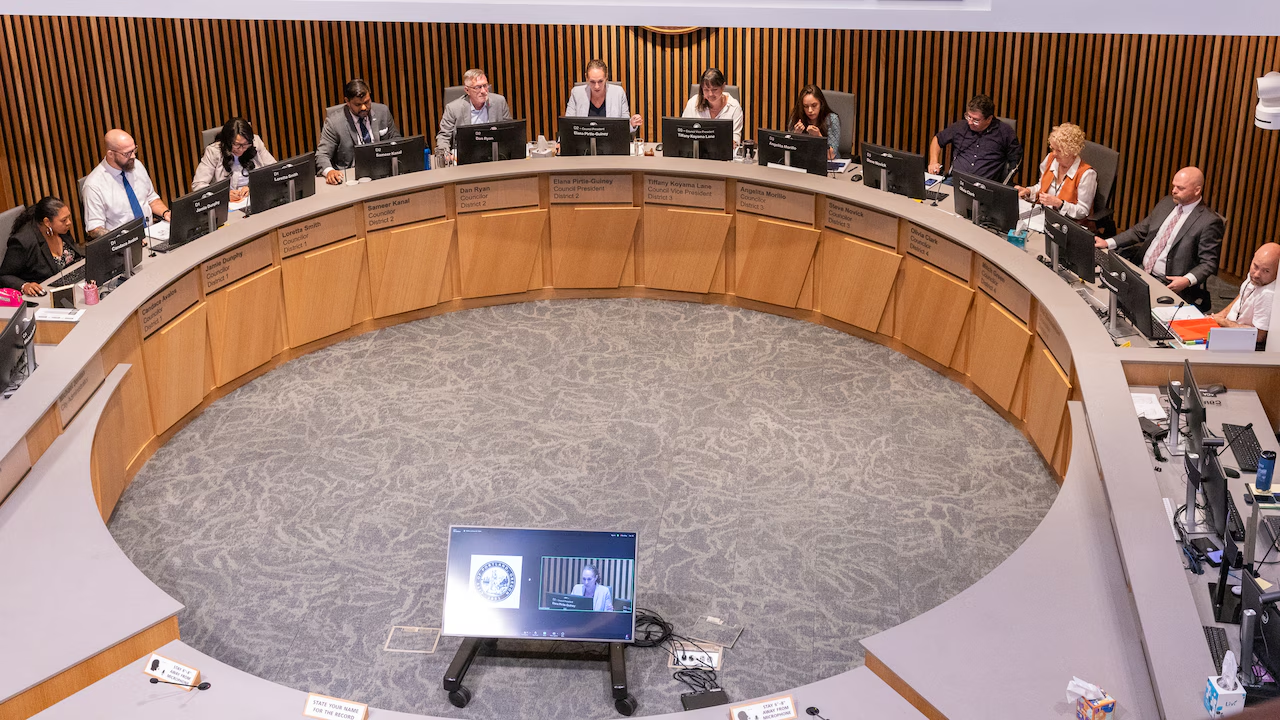

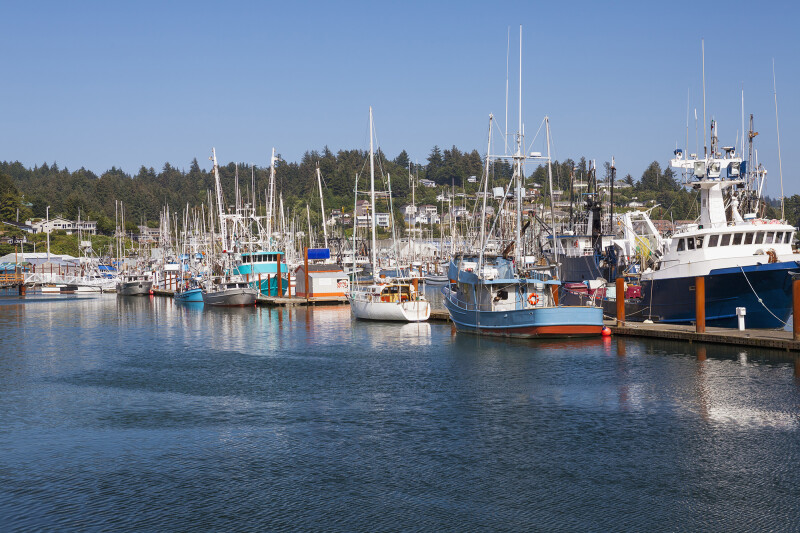


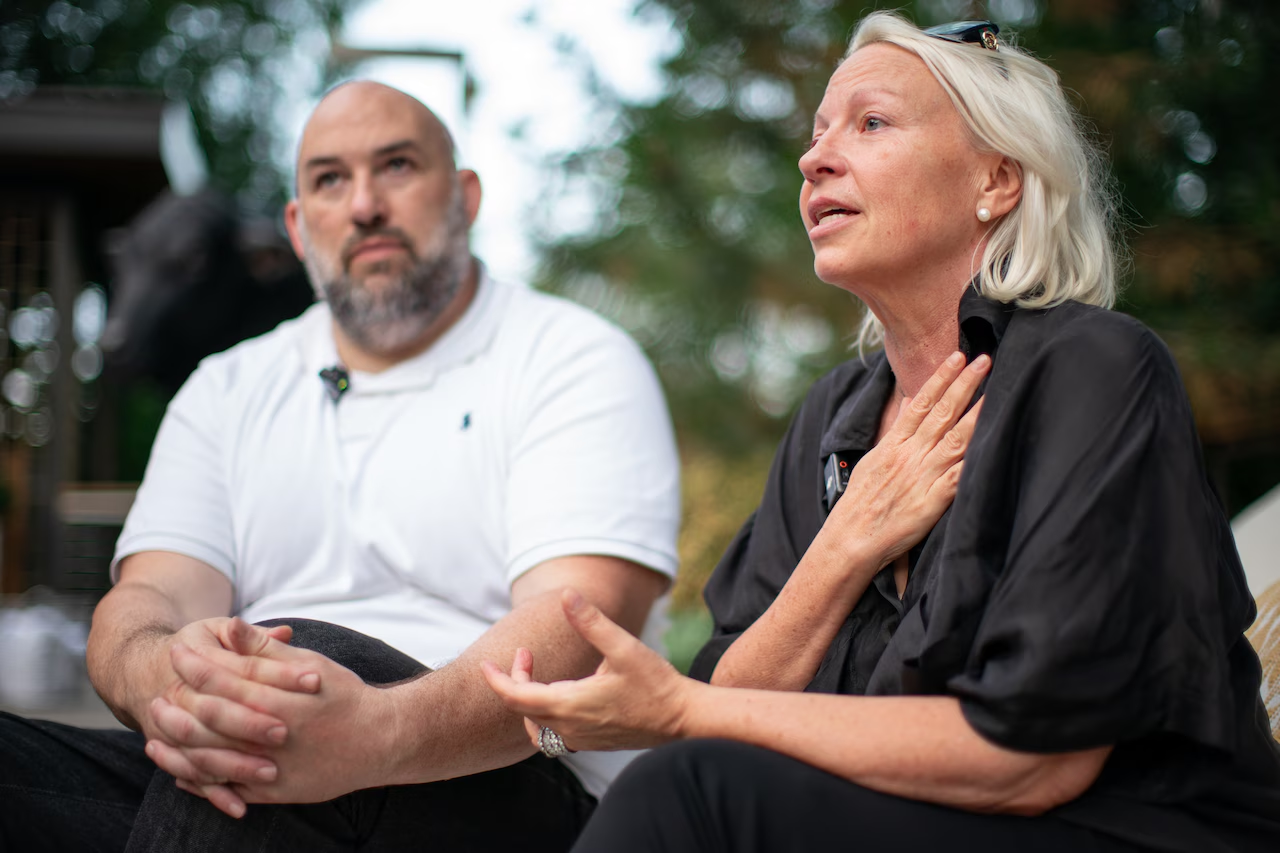
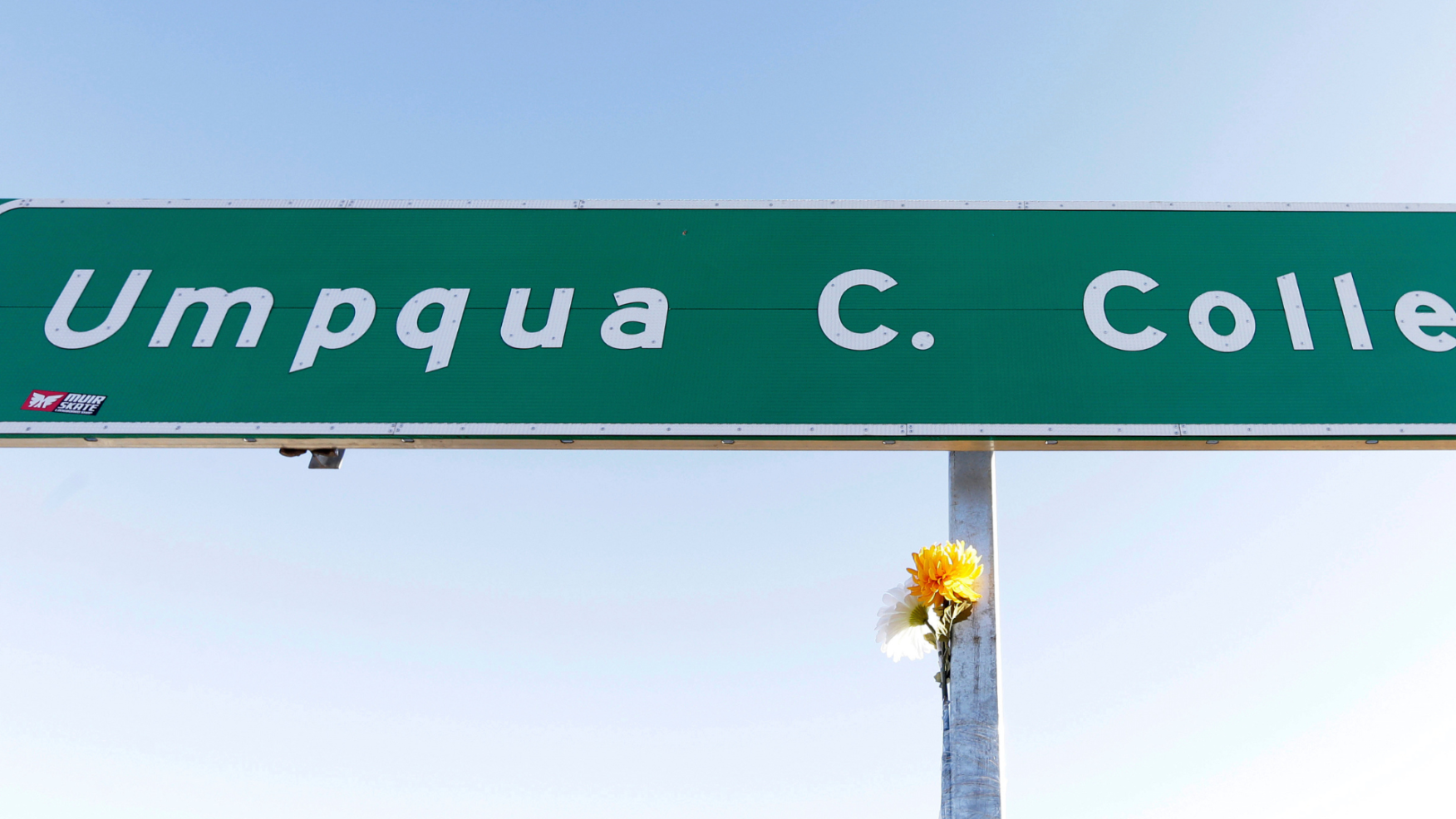



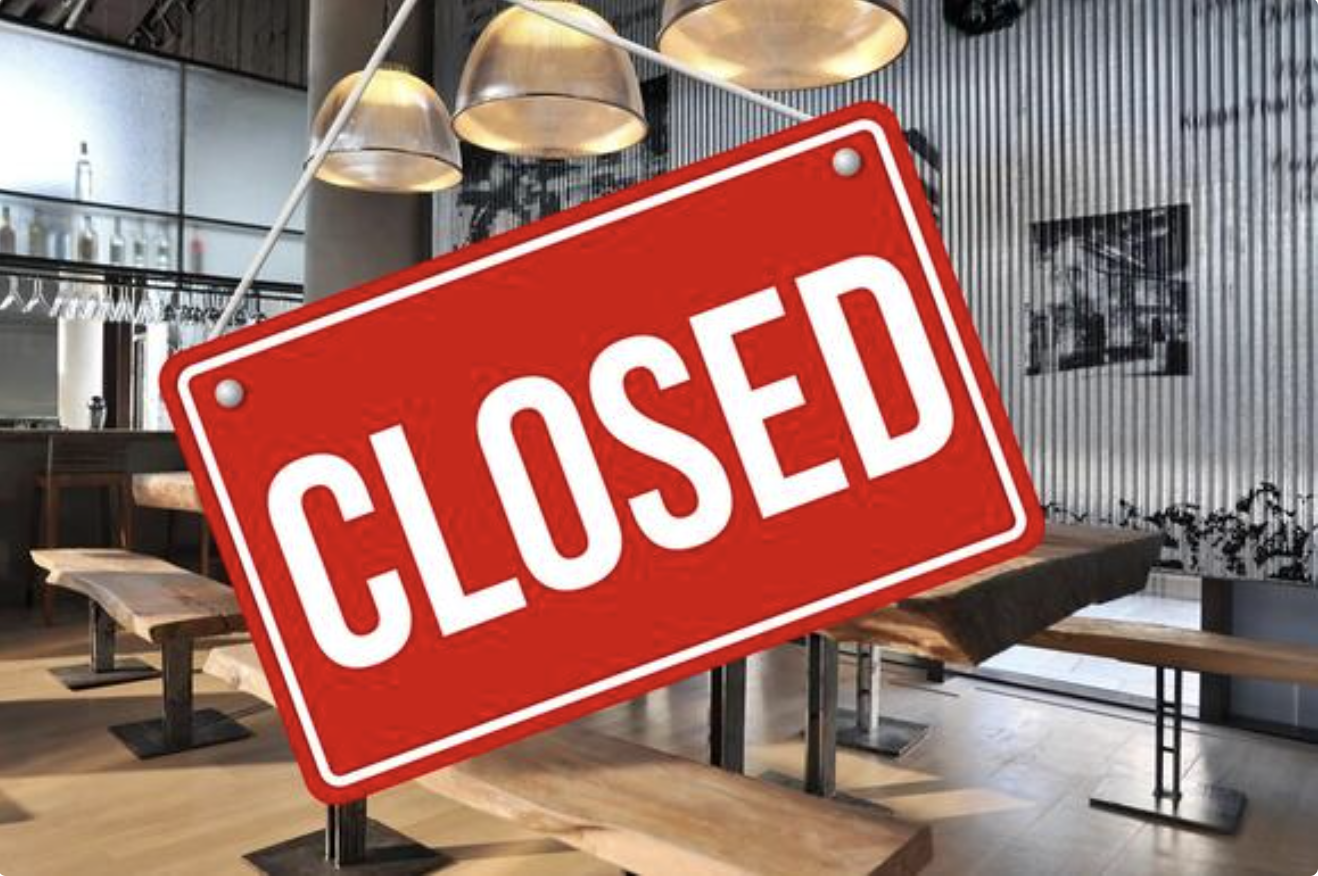
Leave a Reply